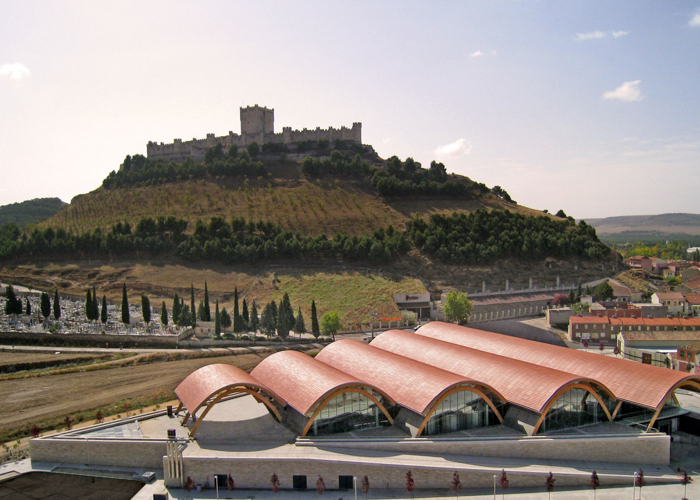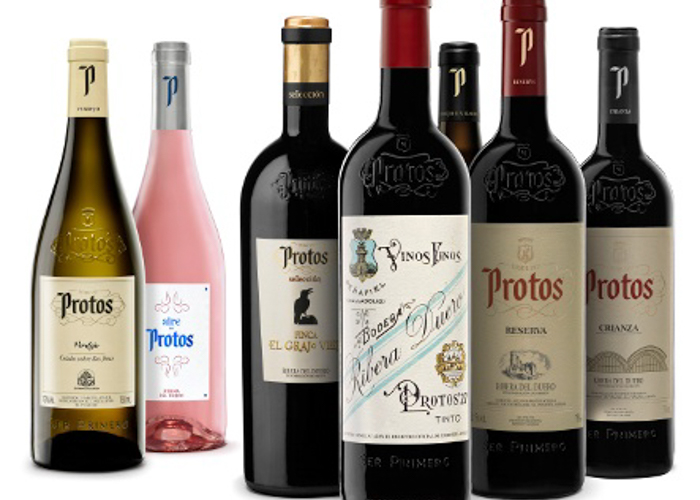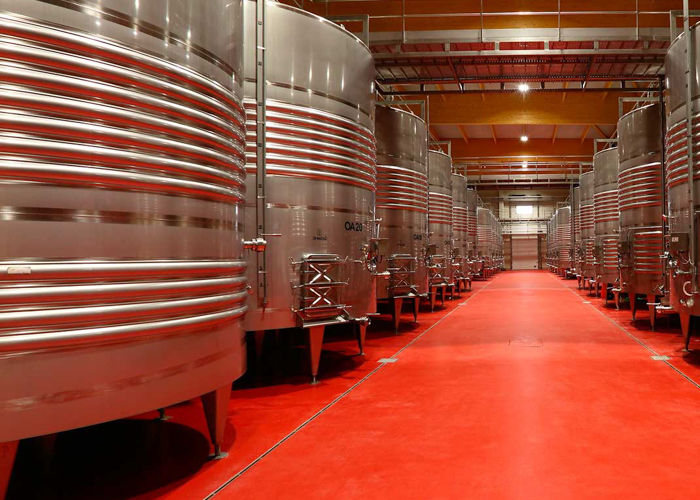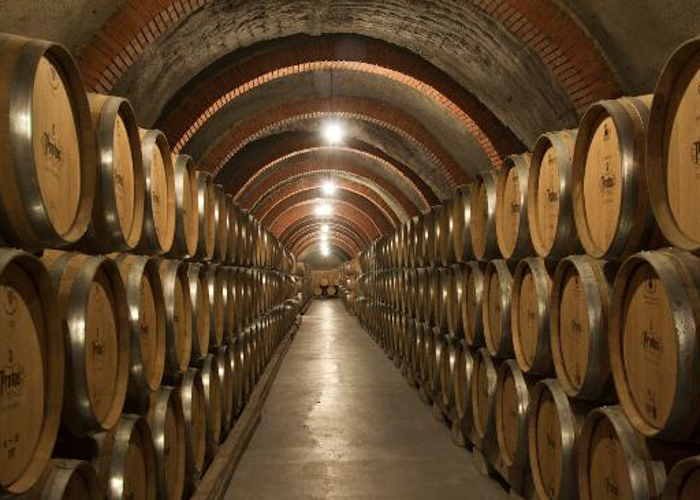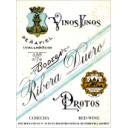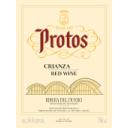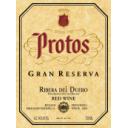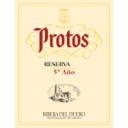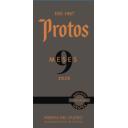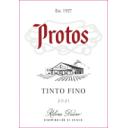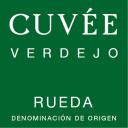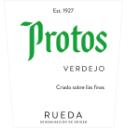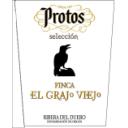Bodegas Protos
Originally known as the Cooperatia de Pañafiel in the year 1927, the Bodegas Protos winery was the first winery of the Ribera del Duero. This project started with the union of some of the best Spanish winemakers at the time and through their great efforts and perseverance for each vintage wine, they became one of the best wineries of Spain. The name “Protos” comes from Greek to mean “first.” This name brings back the fact that they were the first winery of Peñafiel, Spain, founding the winemaking of the Ribera.
The incredible growth of the Bodegas Protos winery led them to expand nationally and internationally, and thanks to the wonderful wines they created, this winery was able to construct their new facilities in the surrounding mountains. In the 1980s the Consejo Regulador (the wine regulating entity of Spain) recognized the Bodegas Protos winery for their grand quality of wine and therefore founded the Ribera del Duero DO of Spain to recognize this winery´s grand quality of wine. The modern facilities of the Protos winery of the Ribera del Duero are situated between the historic streets Rogers Stirk Harbor and Alonso Balaguer. With nearly 216,000 square feet (20,000 square meters) the Protos winery produces 3.5 million bottles of wine per year making them one of Spain´s largest wineries.
Ribera del Duero is a farming region with poor clay-loamy soils and a harsh climate, where the Tinto Fino variety (Tempranillo) has been able to adapt in a very unusual way, offering small and highly concentrated grape clusters. Each plant here produces an average of eight to 10 clusters of Tinto Fino, with each weighing some 275 grams, as they are compact clusters with small grapes. These low yields mean that the grapes are bursting with astonishing quality. The lack of rainfall and the extreme climate means that the grapevines require very few treatments. Harvest generally takes place at the beginning of October and at Protos the grapes are handpicked. Head winemaker and technical director Marilena Bonilla explains that the quality of grapes that are handpicked continues to be much higher than machine harvested crops, which is reflected later in the wines.
